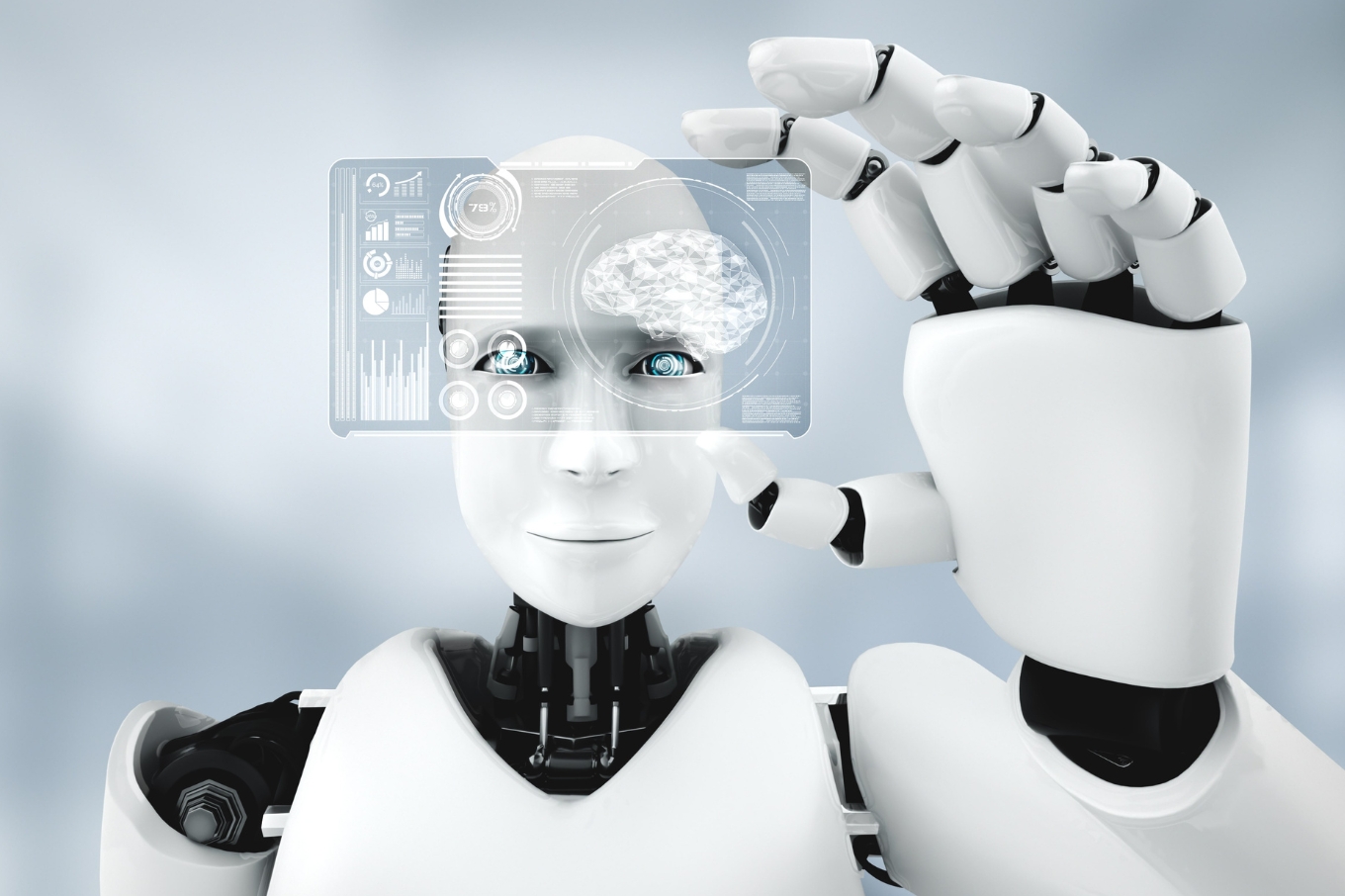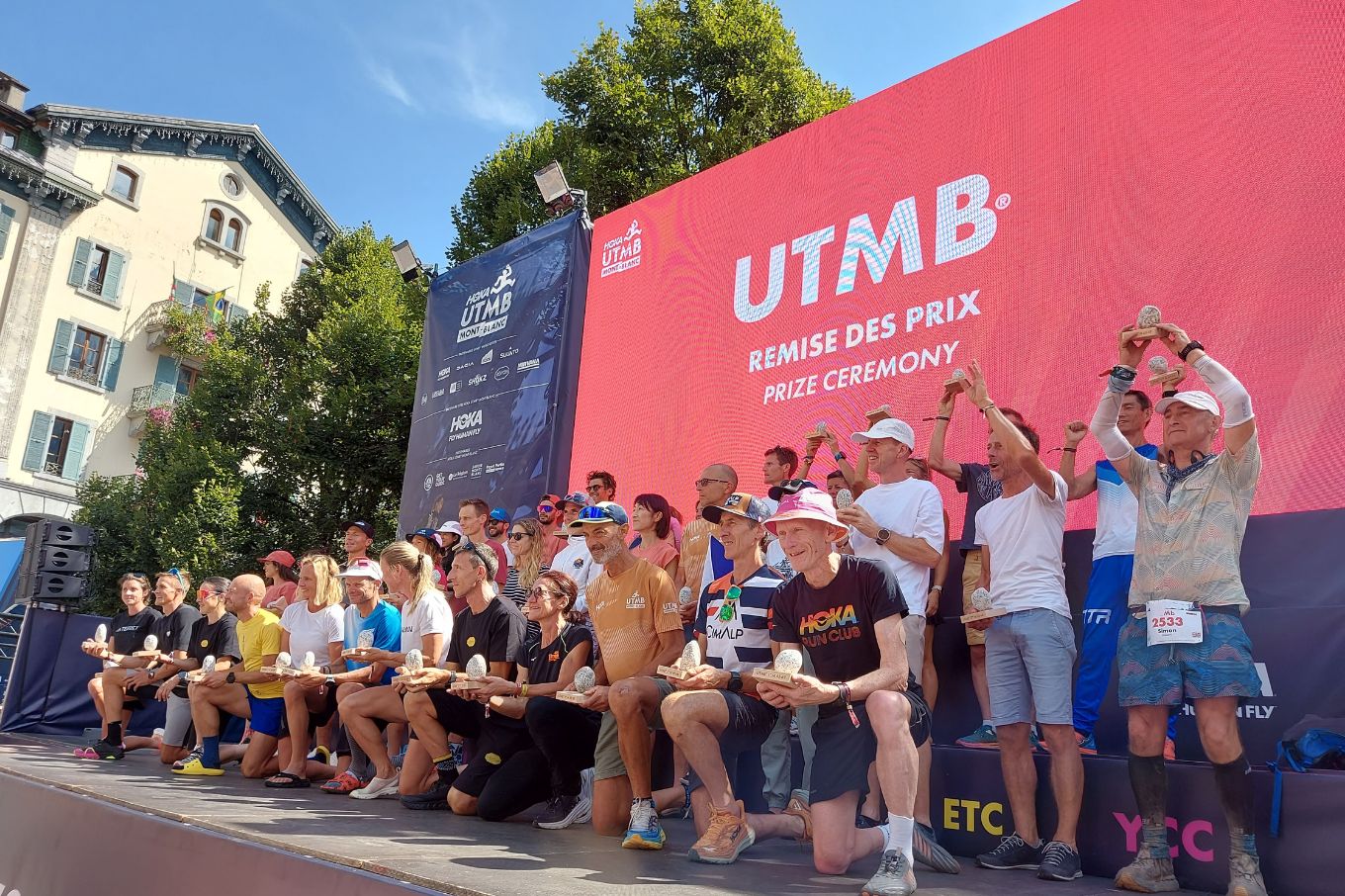Will your running training be 'run' by artificial intelligence?
The Coach’s Aid Station to be or not to be (Coached by Ai) that is the question
Words: Ash Daniels
Artificial Intelligence (AI) has arrived with a bang, along with the excitement and discussions of a new technology, which can revolutionise entire industries. The question we are asking is if our running training will soon be optimised by Ai?
The coaching of athletes for trail and ultra running training is not immune from this! So how well can AI be used for coaching as well as planning your training plan and racing? Well, first we’ll look at the quality of output from AI in generating a training plan for runners from a recent study.
We already know that to be successful in trail running means having a well-crafted training plan. Unfortunately, many runners, especially beginners, might struggle with designing effective plans, may not know how to or may be reluctant to use a coach.
Looking for a new pair of trail runners?
Check out our recent review of the Tarkine Trail Devils running shoes!
How can Ai assist?
AI could offer some solutions here by providing tailored running training plans on a large scale. AI software ChatGPT has gained attention for its ability to engage in natural conversations and has already reached millions of users since its release. New runners without access to a coach, or unsure of how to train for a race, may jump on ChatGPT to get answers and a plan however it’s unclear if the training plans generated by ChatGPT align with current scientific evidence and coaching best practices, or if they individualise the plans to the runner, based on the information provided. The question you need to ask yourself is, are you getting the best plan for you?
The study
A recent study was conducted to evaluate the quality of ChatGPT-generated running training plans and explore any differences, based on the input information provided by the runner.
To assess three training plans created by ChatGPT, 10 experienced coaches were asked to rate the AI-generated plans on a scale of 1 to 5. Each coach had a Master’s degree in sports science and at least five years of experience coaching athletes at a high level.
In other words, they knew what they were doing.
The method
When people talk to ChatGPT about their running, they’ll give varying amounts of info. The study used three questions to fit different levels of training knowledge, from a very simple ‘Please provide me with a running training plan for the next six weeks,’ to a more detailed question, with other information relating to the runner. Some runners might have asked simple questions, while others more experienced, could provide further details. This study imagined a 20-year-old runner using ChatGPT to plan their runs.
To enhance ChatGPT’s responses to the training plan inquiries, the researchers included check-backs in the interaction process. These check-backs were tailored to predict the questions a runner might ask when using ChatGPT for designing their training plans. For example, the study provided multiple check-backs for the more detailed third question, to refine the training plan further and a better response and none for the first, very simple question above.

So how did Ai do?
The third question, which had the most detailed input, performed significantly better than the simple question, which had the least detail. No real surprise there. However, even the most detailed plan received only neutral ratings from the experienced coaches on some aspects, suggesting AI has a lot of room for improvement if it wants to become a coach.
The quality of the plan depended on the level of detail provided by the runner. In someone new to running, they may lack the ability or knowledge on what questions to ask. ChatGPT didn’t ask follow-up questions like a coach would, leading to less tailored plans and potential risks, especially for new runners.
Factors to consider
As a coach, when building a training plan, I consider several factors. These factors can vary based on who you are training (current fitness level, health, training history and age), the specific demands of the race, and how long there is to train.
More importantly, even the best-performing AI-generated training program included suggestions that were not rated best practices and lacked evidence-informed planning. The conclusion of the researchers was they could not recommend using AI to generate training plans in practice for runners.
The human coach
While AI presents exciting possibilities in the realm of coaching, it’s essential to recognise the irreplaceable value of human coaches. Running coaching extends far beyond drafting training plans. It encompasses a complete approach to runners’ development and performance. Communication and trust are at the core of the relationship, something you’ll never get from a computer.
From personalised guidance to mental preparation, race plans and ongoing support and accountability, human coaches offer a greater depth of ability and tailored help for you that AI currently cannot replicate or match.
Next time you’re seeking guidance for your training and plans, consider reaching out to a real human coach. We’re not only as approachable as machines, but also bring a wealth of knowledge and personalised attention to your running journey.







